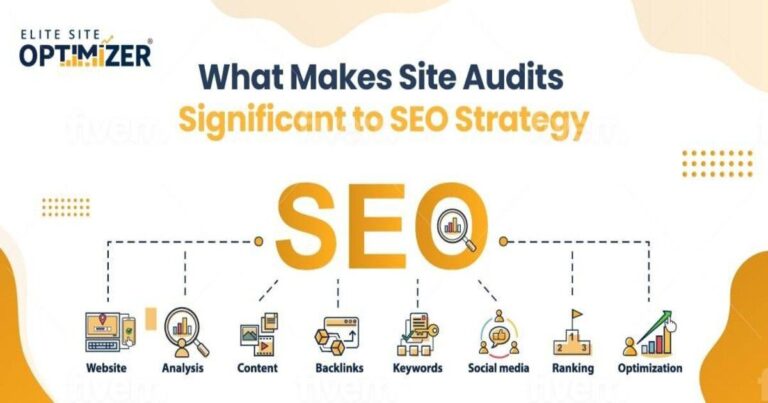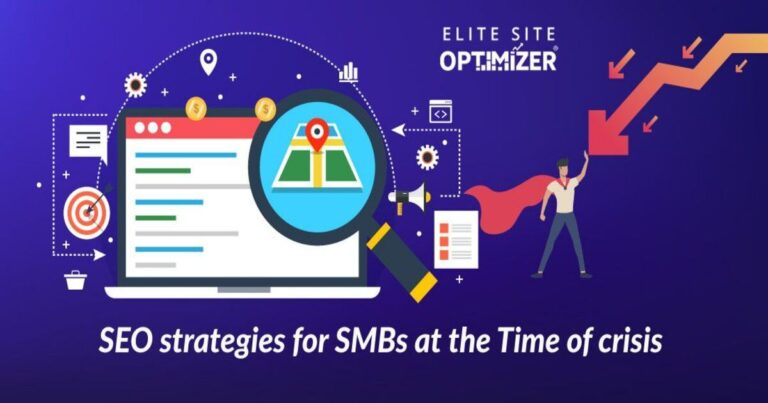Keywords form the life line for search engine optimization. It is inevitable that SEO personnel spend their quality time on keyword research. With multiple keyword planners available at their disposal SEO experts can now focus on making the right choices.
It is now in the air that e-commerce strategists need to deal with a greater pressure of short listing keywords when compared to websites of other businesses. So how to chalk out and plan this strategy in the first place? This blog is about a little deeper understanding of keyword research from their perspective.
Strategizing based on Keyword Types
Firstly, marketers would need to size down their business space and types of keywords which best fit their target audience. Proceeding after this basic outlining would contribute significantly towards developing an effective keyword strategy.
Long-tail keywords:
Do not conclude that, long-tail keywords are simply words which are longer phrases. There is a lot more to keywords than mere conjunction of words. Long-tail keywords are promising and could almost definitely be constructive in converting queries to potential customers. They are phrases:
- Which are not reflected in any particular keyword analysis tool
- Is not displayed in the Google Analytics and Google search console
- If used individually, they attract minimal traffic
- They are capable of bringing in loads of traffic when used with respect to the website content
- Search volume is less and so is it’s popularity
- Focuses on addressing prominent queries of customers
Short-tail keywords:
Short-tail keywords are single word keywords to the point. However, on occasions they could be inappropriate owing to short length and cannot elucidate. Interestingly, these keywords are suitable for shorter descriptions of products on web pages.
Medium-tail keywords:
Medium-tail keywords are not promising but they do guarantee a segment of your web page traffic. Further, convert medium-tail keywords into long tail keywords and incorporate in the web page content. Thereby, the queries which construct a long-tail keyword depend on research done for medium tail keywords.
Believe in Research
Self-research is the key to success in search engine optimization. The advise is, marketers should drill to the core of the business and nature of product for a comprehensive outlook on what is best for the customer base. Understand the dynamics of the target audience, their clear requirements and intent. Eventually, bring out well optimized web page.
Keyword research would also include:
- A detailed study of niche areas in their business space
- Possible keywords which would hit the nail appropriately
- Short listing such keywords using the keyword planner
- Implementation of these keywords into your content to find how it works
How SEO Automation Tool could help you?
A SEO Automation Tool encompass close monitoring of all the functions of your web page. Incorporate SEO audit tool and rest assured that your end-to-end web page requirements are in control by a unified tool. Elite site optimizer is one such SEO tool that, scrutinizes several aspects of your web page which includes the feature of keyword analysis. The tool check for web page behavior towards various keywords which have been used in the content and provides an exhaustive report backed by the competency of BI, for keywords which have worked well and which needs change. Site optimizer tools works well for mobile keyword analysis also. Furthermore, marketers have constant information about hiccups in keyword behavior. Hence, implement any timely modifications required based on trends and patterns of the business.
Though framing an apt SEO strategy is not a cakewalk, a site optimizer will back you to breeze through the much significant keyword analysis process and provide with critical business inputs at regular intervals improving the quality of your web presence.







